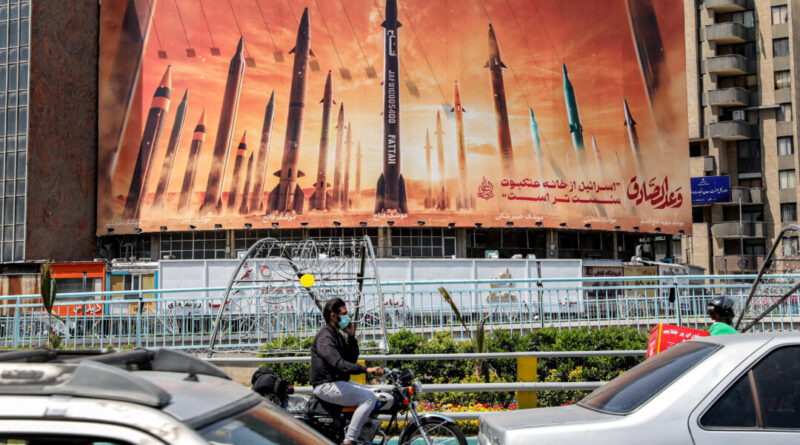Conrad Black Urges Clarity on the Significance of Iran’s Air Assault on Israel
Commentary
The recent attack on Israel by Iran on April 13 highlighted the misconception in Western circles, including the Canadian government and the NDP, that the conflict between Israel and its Arab neighbors is just a border dispute.
Hamas initiated the assault on Israel on Oct. 7 last year with a brutal intent to cause mass casualties, emphasizing their refusal to acknowledge Israel’s right to exist as a Jewish state. In response, Israel declared war, formed a unity government, and vowed to eliminate Hamas as a terrorist group.
Ultimately, peace in the Middle East hinges on recognizing Israel as a Jewish state and granting Palestinians their own state.
The first step towards lasting peace is dismantling Hamas, which Israel has made significant progress in achieving. The next step involves finalizing the Saudi Arabia-Israel agreement, disrupted by Iran’s backing of the Hamas attack in October.
Calls for de-escalation and ceasefires by Canadian leaders only benefit terrorists like Hamas by allowing them to regroup and rearm. It is crucial to avoid giving terrorists any respite.
A key figure behind the Hamas attack was neutralized when Israel targeted a supposedly diplomatic building in Iraq on April 1. The consequences of the Second Gulf War have inadvertently strengthened Iran’s influence in Iraq, underscoring America’s strategic missteps.
Although Iran’s recent aerial assault on Israel was largely unsuccessful, it was an act of war that required a response. The idea that Israel should ignore the attack due to technological superiority is flawed; deliberate attacks demand a deterrent response.



